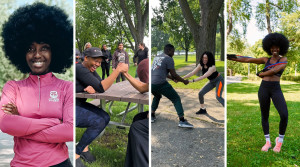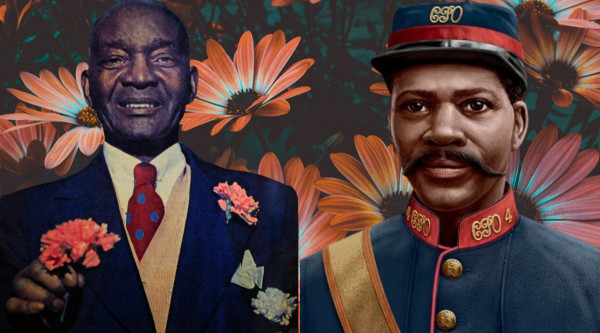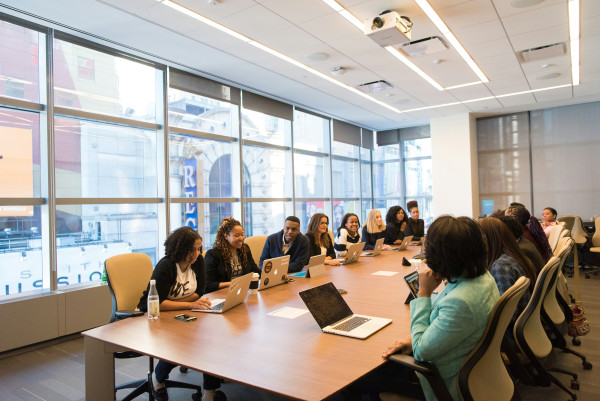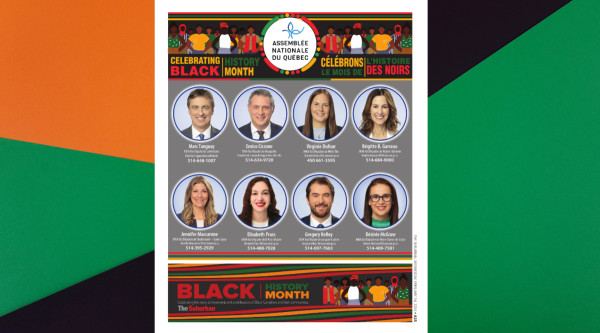What was once a powerful, meaningful concept now finds itself caught in social media’s crossfire, weaponized against the very people it was meant to uplift.
Let’s back up. Black Fatigue was coined by Mary-Frances Winters in her 2020 book, Black Fatigue: How Racism Erodes the Mind, Body, and Spirit. It describes the mental, physical, and emotional exhaustion Black people experience simply by existing in spaces that weren’t built for us. Winters, a trailblazer in diversity and inclusion, introduced this term to highlight the toll of microaggressions, systemic racism, and the constant need to prove ourselves. She saw it firsthand in corporate America, where Black employees often shared feelings of burnout, isolation, and fatigue — all because of the relentless stress of navigating a biased world.
“I wrote Black Fatigue in 2020 because I saw we weren’t making enough progress in creating healthy, supportive environments,” Winters shares. “Black people were telling me they were tired of micro inequities, tired of having to be twice as good to get half as far, tired of feeling like they didn’t belong.”
Fast forward to today, instead of recognizing the term’s original meaning, a new, racist narrative has taken hold: of white people being exhausted by Black folk. The hashtag #blackfatigue has exploded, with over 5,000 posts and a million views on TikTok alone. Conservative channels like The Quartering and Hodge Twins (who are Black) have jumped in, spreading misinformation and fueling hate.
{https://www.instagram.com/reel/DJ5U4yoyX20/}
The impact? Personal and profound. Katelyn Peterson, a leader at Winters Group Inc., feels this backlash deeply.
Peterson’s family members alerted her to what was happening with the term online. “And what I saw wasn’t just a few videos — it turned into a trend where people redefined the term, distorting its meaning. It hit me hard, personally.” Peterson says it was especially heartbreaking to see a term created for us, by us, used against us, especially when it’s framed through a white lens.
Peterson, who played a vital role in the publication of Winters’ book Black Fatigue, points to the larger reach that social media virality has and the media’s failure to properly represent the often sophisticatedly organized anti-Black campaigns born from it, as being instrumental to the spread of misinformation.
“When the white community takes a term, more eyes are naturally on it, we know that some of the disparities that we have in communications and news outlets, television programming often comes from predominantly white institutions,” Peterson says.
Valda Valbrun, CEO of The Valbrun Consulting Group, adds a critical perspective. She points to the political climate, especially under Donald Trump’s presidency, as fueling this open hostility.
“I think those feelings, those notions, have always existed. They just weren't on the forefront like they are now, because it's been made permissible,” she says. “If the person who holds the highest office in the land can commit crimes and can say all these things about people of colour, then what?” asks Valbrun. It sends a dangerous message: that hate is okay.
Valbrun suggests we stand firm.
“It's not something to be co-opted, much like the word woke was, we just can't continue to let these things happen, right? And so in my work I see it as my responsibility to help people understand these systemic injustices that cause the level of fatigue being talked about,” Valbrun says. “Those who are not open to learning and hearing about it, are exactly the people who don't intend to ever understand this.”
Peterson echoes this call in a recent essay, urging Black creators and allies to reclaim the narrative.
“It's not sitting silently in the background when we see wrong. We saw [encouraging] cases online where content creators guided people towards the book, towards Mary Francis as the person who coined the term, and then educated on the history,” Peterson says.
“So that is a way of advocacy — on the same social media platforms that they were trying to take the terminology on,” Peterson continues.
The fight has always been about more than words, though. It’s about creating spaces where Black folks can breathe, heal, and thrive.
When Winters reflects on her career journey, starting The Winters Group in 1984 was a bold move. Especially as a Black woman stepping into a predominantly white corporate world. She says back then, it was about pushing for compliance, for fairness. But now, after 41 years, she’s seeing that the fight for genuine equity continues.
Today Winters’ mission stays unchanged, with creating healthy and equitable workplace environments always worth the fight. A fight that's taken grit and commitment.
“My proudest moment has been being able to stay through the ups and downs throughout 41 years, because there have been many, many ups and downs. You know, we have almost gone out of business several times. But, you know, still I rise,” says Winters.
And so must we. Black fatigue isn’t just a buzzword; it’s a lived reality. It’s time we protect its meaning, honour the truth, and refuse to let hate and misinformation dilute our pain and resilience.
Because at the end of the day, Black fatigue is real — and it’s not up for debate. It’s a call to action. Let’s answer it.
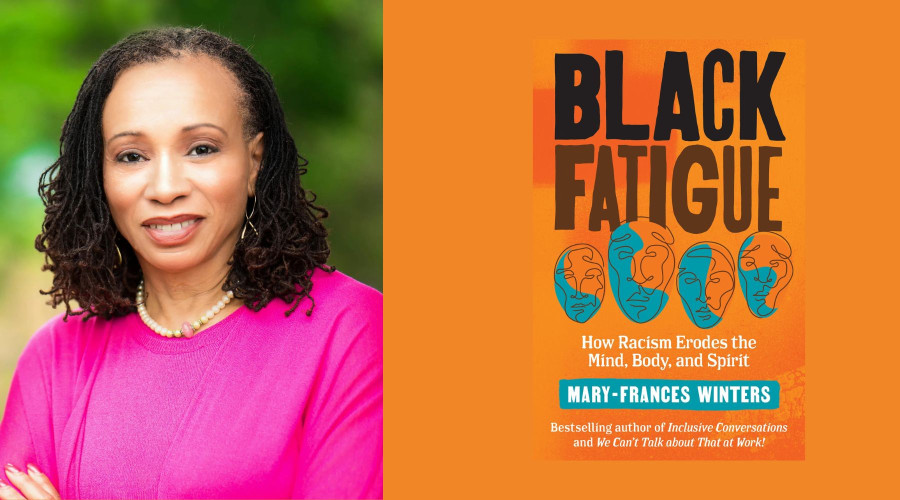
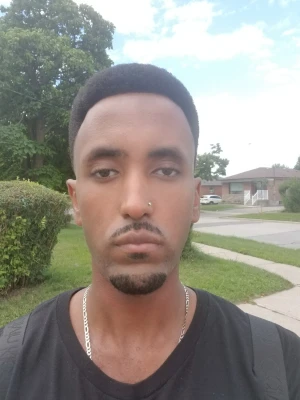 By
By 





